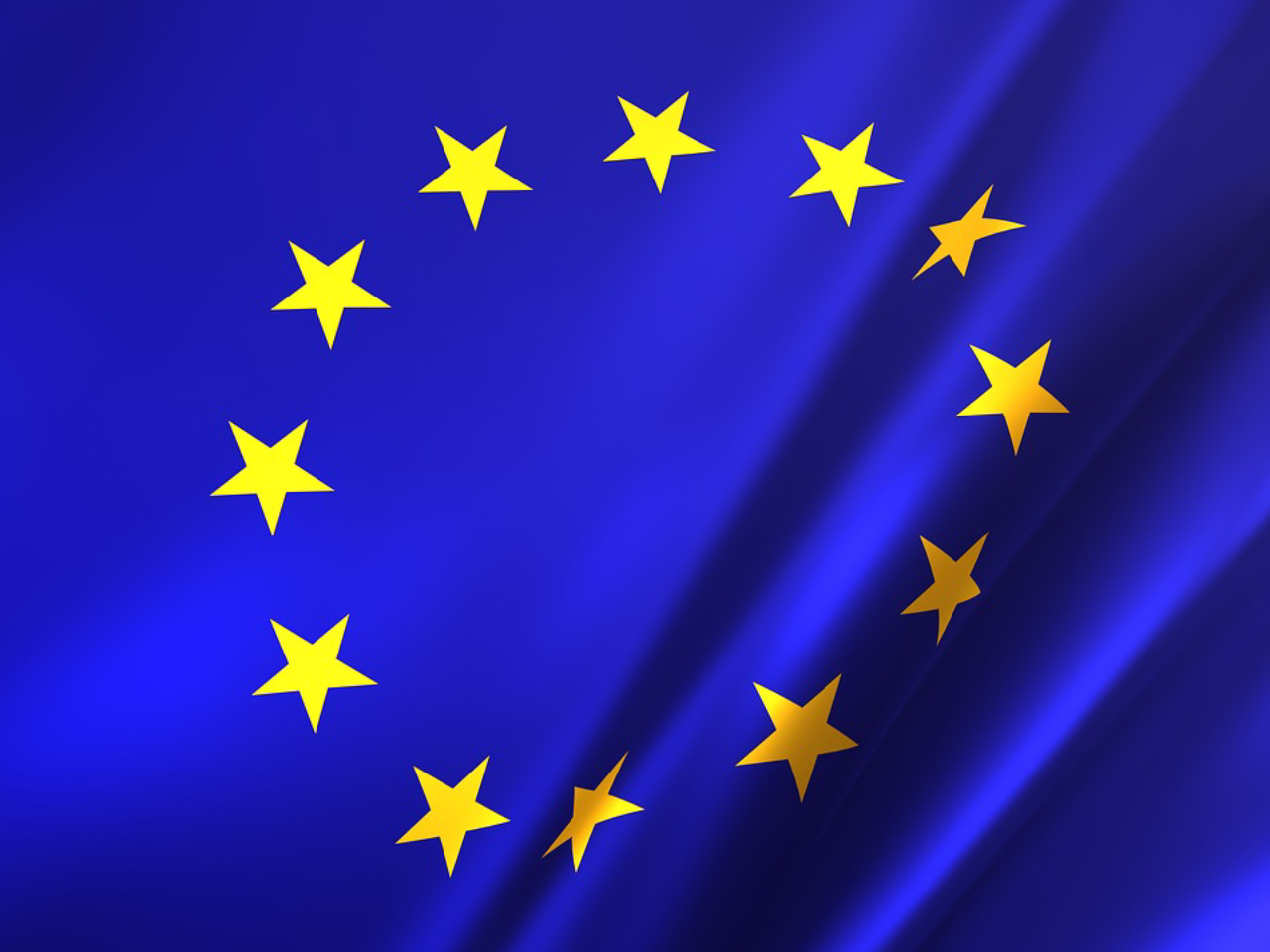A post-Brexit EU: what is the future language of the European Union?
English is just one of the official languages of the EU; though many might feel that it is the only official EU language! With the changes Brexit is going to bring to the region, does this also mean that we should stop expecting English to be the main language used with our European counterparts? Let’s take a look!

Table of Contents
Photo via Pixabay
Before we begin: a little EU language history
The EU has had many iterations prior to the current set up, the most recent of which was the EEC. Back before the United Kingdom joined in 1973, French was considered the language of Europe. French was the official language in most of Europe’s shared institutions, and was the preferred language for many students learning foreign languages in school. With the UK joining came the slow creep of English into Europe, slowly overtaking French to become the dominant European language. France has never really forgiven the UK for this…
Learning German? Check out our free placement test to see how your level measures up!
Language contenders
So if we’re losing English as the EU language once all the issues with Brexit are worked out, which language do we use instead? We have plenty to choose from! There are around 230 languages spoken through Europe; these are Romance, Germanic, Slavic, and even Uralic languages in origin. Though if we are being specific to the EU itself, well, we still have 24 official languages to choose from, which are: Bulgarian, Croatian, Czech, Danish, Dutch, English, Estonian, Finnish, French, German, Greek, Hungarian, Irish, Italian, Latvian, Lithuanian, Maltese, Polish, Portuguese, Romanian, Slovak, Slovene, Spanish, and Swedish. Of these languages, three are considered to have higher status thanks to being procedural languages. These are English, French, and German.
Procedural languages
It seems logical that those procedural languages are the real contenders for the future EU language. French is already used, historically, in so much EU legislation. Both French and German are spoken as an official language in more than one European country, and German is used unofficially – or at least understood – in a few more. France and Germany dominate the EU in every other way; it seems obvious that, were English ever to be usurped properly as the lingua franca of Europe, it would be a language from either of these countries to do it.

Photo via Pixabay
French
So, why would French be a good replacement for English? It is a popular language to learn, and has a far wider international reach than German; this is good for trade, commerce, and international relations. About 60 million people speak French in France alone, and 280 million worldwide. Within Europe itself, French is spoken as an official language in Belgium, Switzerland, Monaco, and Luxembourg, as well as France. French is also one of the few languages to be spoken on five continents, spoken as an official language in 29 countries.
As well as for all those countries, French is an official language of the following institutions: EU, FIFA, International Criminal Court, International Labour Organization, International Monetary Fund, International Olympic Committee, International Telecommunication Union, Inter-Parliamentary Union, NATO, OECD, Organization of Islamic Cooperation, UN, Universal Postal Union, World Bank, World Rugby, and WTO. In short, if any language should be the future EU language, French has already put the work in to be the strongest contender.

Photo via Flickr
German
But what about German? German as a Germanic language is already closer to English than French, so if we have to switch learning one foreign language for another to communicate with the EU, surely German is an easier choice? 79 million people speak German in Germany, so if this is a numbers game, German already beats France! Though internationally it is obviously a different story, with ‘only’ around 132 million people speaking German worldwide. German is, however, spoken in arguably more countries within Europe than French.
German is an official language for Germany, Belgium, Austria, Switzerland, Luxembourg, and Liechtenstein. It is recognized as a minority language for: Bosnia, Czech, Denmark, Hungary, Italy, Poland, Romania, Russia, Slovakia, and Ukraine. German is often used, unofficially, throughout eastern Europe since it is the chosen foreign language for schools in these countries to learn, vastly preferred over the Russian that used to be enforced! In terms of institutions, German is an official language for the following: EU, FIFA, International Olympic Committee, and the Universal Postal Union. A much shorter list than French!
So, what do you think about post-Brexit Europe? Which of these languages has a better chance of being the replacement of English in the EU? We can’t decide! Though if you have already decided and are wanting to learn either of these languages, please get in touch. Our tailor-made courses with native tutors will get you speaking French or German in no time! Drop us a quick inquiry to see how it works.


